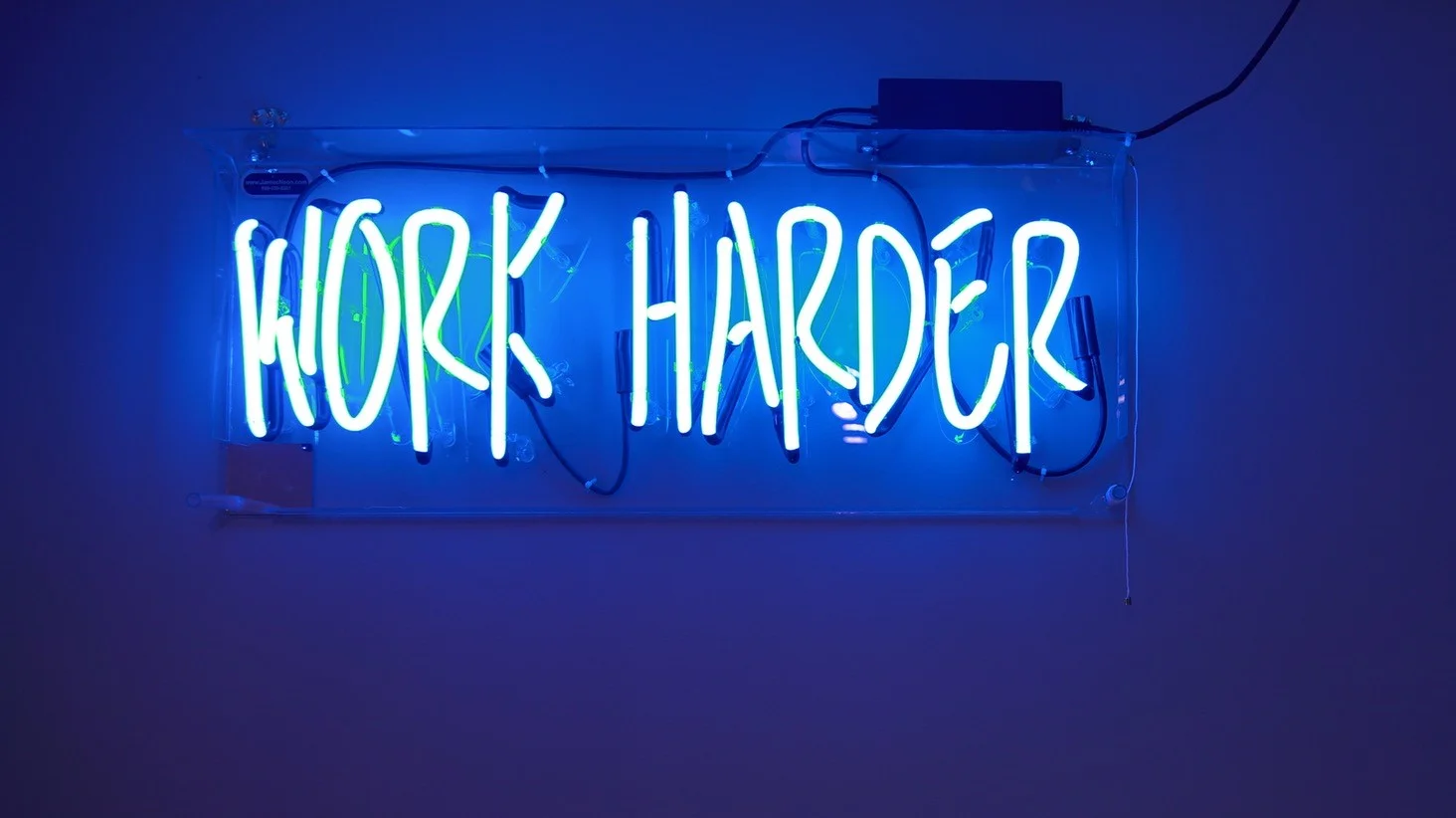"A Doctor’s Sacrifice"
Working in the hospital can be immensely rewarding.
The joy of helping a child with asthma breathe again. The superhero feeling you get when you resuscitate a baby who is literally only seconds old. The connection you feel with a teenage boy as you middle finger the ulcerative colitis that is causing him to have his fourth surgery in less than a month. Or simply having a chat about anything non-hospital related with an elderly lady who is terrified of dying.
Let’s have a look at the other side of the coin; the immense sacrifice. What does this sacrifice look like? It looks like nothing. Again, it looks like nothing.
Nevertheless, the implications can last a lifetime. So let’s talk about it.
1. Missed life events
It’s 8:30pm. You start vomiting blood. Your closest friend, who over the years has completely missed all your cues and has inadvertently put you in the friend zone, kindly takes you to the Emergency Department. A doctor sees you. You notice that he is of Sri Lankan descent and is deceptively handsome (you guessed it, that’s me!). [Insert series of magical hospital stuff]. You go home and vomiting blood is an issue of the past. Your focus is once again on this friend zone dilemma. Life goes on.
The point of this unusually detailed story is that no one can be in two places at once. It seems obvious right? The implications of this is are less obvious.
If I am there at 8:30pm. I am DEFINITELY not watching Masterchef with my wife or eating dinner with my parents or catching up at Pancake Parlour with my friends or playing indoor cricket (#Skunksforlife) or entertaining my awesome little nieces and nephews. These things add up.
2. Shift work, poor sleep and strained relationships
“They should pay you more for doing nights…it has been shown to decrease life expectancy.” – Senior Colleague. Cheers.
Working overnight is bizarre. Finish work at 8:30am. Leave the hospital as you watch people starting their day. Try not to fall asleep at the wheel. Get home at 9am (your wife has already left for work). Have breakfast (or is it dinner? Never really figured it out). Watch Netflix for an hour. Take over the counter sleeping pill. In bed by 11:30am. Wake up multiple times wondering why the neighbour has decided to mow the lawn at 2pm (ridiculousness, some of us are sleeping!). Get out of bed at 7pm. See your wife for the first time in almost 24 hours. Leave house at 9pm to do this dance all over again.
My sleep cycle was like explosive diarrhoea…all over the place. This is probably what “reduces your life expectancy”.
Poor sleep is an obvious side effect of shift work. The strain it can place on your relationships is not as obvious. It’s not easy seeing your wife, let alone your friends and family, for a maximum of 2 rushed hours a day. These things add up. Luckily, my wife is super understanding and supportive but, countless doctors and nurses actively try to find someone in the profession because otherwise they “just don’t understand”.
3. Food deprivation
Many doctors don’t have breakfast. Many don’t even have lunch and if they do, it’s done “on the go” or is interrupted by something or someone. It becomes a fine balance between topping up with coffee and a cheeky vending machine snack to give you that extra energy boost to get through the day (or night).
Food for your body is like fuel for your Lamborghini. You could theoretically pump the wrong fuel and run the engine for a while but, after a while things are going to give and sometimes the damage is irreversible. The only difference is that you can replace a car. You may not be able to do the same with your health.
4. Stress
Unfinished business should be the tag line for the life of a junior doctor. You finish one thing and two other things pop up. Stress builds. It is astounding the amount of responsibility young doctors are given. Managing 20-40 patients at a time is definitely character building. I remember during one of my shifts as an intern, my pager was constantly going off and 3 different nurses were asking me to do something. I had about 10 things to do and it was already 3pm. One of the senior nurses thankfully approached me and gave me a job worthy of doing.
“Oi, don’t listen to any of these people…unless it’s an emergency, just go eat your rice and curry”. Just to be clear, this wasn’t racist. It was accurate. I pretty much exclusively ate rice and curry for lunch that whole year.
Being a doctor is amazing. However, if you are not careful, it can come at a cost.
This brings me to the value of appreciation. I believe this applies not only to the medical profession but, to every aspect of people’s professional and personal lives. If someone does a good job, even if they are paid to do it, thank them. And do it emphatically! Not only will it help them to do an even better job next time but, it is a simple acknowledgement of “Hey, thanks for your help, I really appreciate you doing this for me especially knowing that you could theoretically be somewhere else right now”.
Lastly, I want to express my utmost admiration to all my friends and colleagues. Cheers to the nurses, physiotherapists, cleaners, doctors, psychologists, dieticians, ward clerks, social workers, occupational therapists, and anyone else who gives up their time to work in the hospital. You are all absolute heroes of mine and I admire everything that you achieve and everything that you sacrifice.
As always, stay in school, don’t do drugs and don’t get stuck in the friend zone!
- Dr G
Dr G is a handsome, young Sri Lankan boy raised thousands of kilometres away in the “land down under” in Australia. After spending 7 years studying to become a doctor and the last 3 years working as one, he is on a quest to fulfill his dream of becoming your friendly family GP. He is super passionate about obesity and personal development. So much so that he blogs about it! Feel free to have a look at inchbyinchlifestyle.com, Dr G. Can be found on Facebook here.




